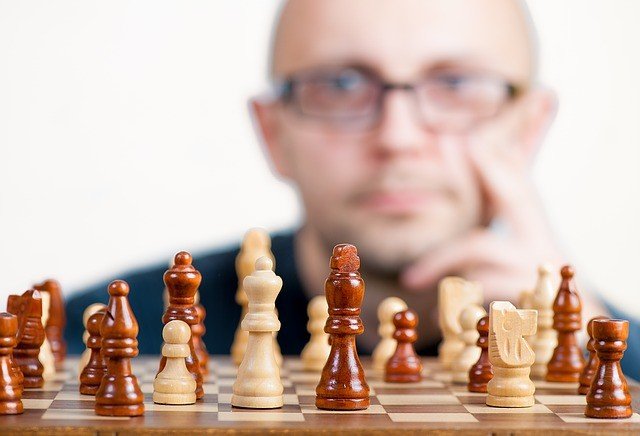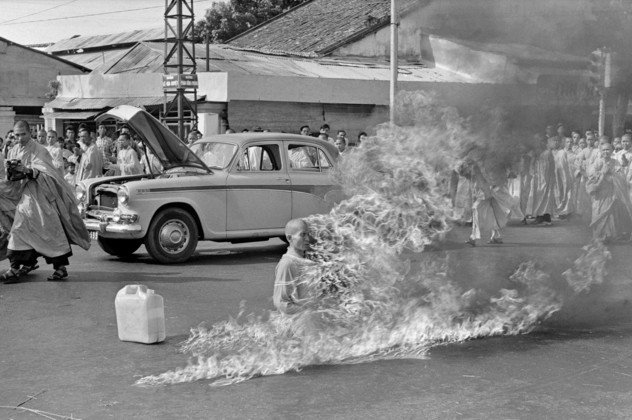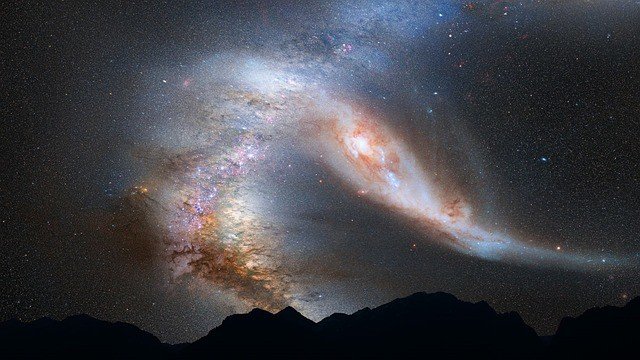A Defense of Freewill - Reconciling the Scientific Worldview With Freedom Worth Wanting

The Magic of Freewill
Whatever freewill is, if it exists at all, it is not something that violates the laws of physics or somehow operates outside the laws of physics. The scientific worldview says the only things that exist at a fundamental level are things like atoms, space-time fields, etc. So whatever freewill turns out to be, it better fit within that picture of the universe.
So we can automatically rule out "soul" theories of freewill where the soul or immaterial spirit acts upon the biological brain and changes the functioning of the brain in just the right way to facilitate "free" decision making.
But if not immaterial souls, what else could constitute the "freedom" of freewill? If it's all just atoms in the void, how could there be freedom worth wanting? Freedom that defines moral responsibility, autonomy, and human flourishing?
A Sketch of Freewill Worth Wanting
Here's a story that I like about what freewill is that makes it very special and something worth cherishing but something entirely compatible with the scientific worldview.
We can all think of important cognitive differences between human infants and adults. A baby might decide to reach for the milk but when the adult is standing in the grocery aisles doing rough calculations in her head to figure out the cheapest milk brand and then reaches for the milk, it's a totally different ballgame.
The adult is using reflection, introspection, the visuospatial sketchpad, working memory, inner speech, and a host of complex higher-order processes that are not operating in the infant. Both are "deciding" to reach for the milk but the baby's decision is automatic, habitual, fast whereas the adult's decision is slow, reflective, and deliberate.

We can also think of important cognitive differences between human adults and non-human animals that mirror the differences between infants and adults. When a dog is given two bowls of food he has to decide which bowl to go to. And that is a legitimate decision.
But a human has to decide whether or not to get married by doing a complex shifting through memory, narratives, risk calculations, imagination, etc. A dog might be able to think about the future in terms of days or maybe weeks but humans can think about the end of the universe and contemplate the meaning of infinity.
Humans are also free to violate our genetic programming and do things like, light ourselves on fire in order to make a political statement:

Now that is freewill: will is that free from the constraints of our evolutionary, animalistic past, that allows us to make decisions on the basis of the moral and political narratives we tell ourselves.
System 1 and System 2
Psychologists sometimes like to think of cognitive processing in humans in terms to two different systems: System 1 and System 2.
System 1 is fast, automatic, massively parallel, habitual, and intuitive.
System 2 is slow, reflective, analytical, deliberate, calculative, linguistic, and narratological
Hopefully you are starting to get a sense of the type of freewill I think humans have that is not a form of the soul-theory. It's viewing freewill as essentially a product of the type of specialized self-reflective thinking fully developed humans do that involves narratives, imagination, autobiographical memory, inner speech, etc.
There is nothing magical about these processes.
In principle we should be able to translate the mechanisms of human freewill into computational problems that can be done by computers. Human intelligence is remarkable in its flexibility and linguistic-symbolic richness but everything it does is ultimately reducible to the movement of quarks, atoms, wiggles in space-time fields, etc. To accept anything else is to violate the fundamental ontological vision that science gives us.
It is, as philosophers would say, not "ontologically serious" to accept any other vision of what constitutes fundamental reality.

a steemit original
images: pixabay
The only real difference I see between your examples is not free will, merely a stronger ability to analyze the information presented to us.
If you grew up with the same genetics and experiences as a person who decided to light themselves on fire, you would also light yourself on fire.
So how can there be free will when our actions are governed by these principles?